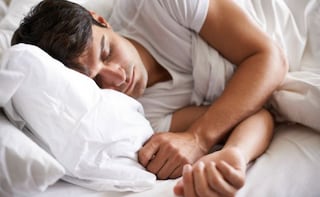The timing of your sleep can be just as important as how much sleep you get, a new study suggests. Ilia Karatsoreos, an assistant professor in Washington State University, shifted mice from their usual cycle of sleeping and waking and saw that, while they got enough sleep, it was of poorer quality.(What to Eat to Sleep Better)
Advertisement
For the latest food news, health tips and recipes, like us on Facebook or follow us on Twitter and YouTube.
Advertisement
